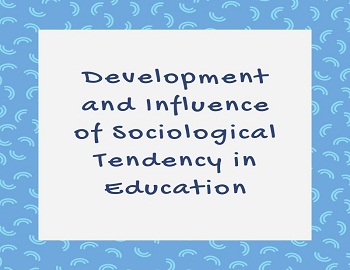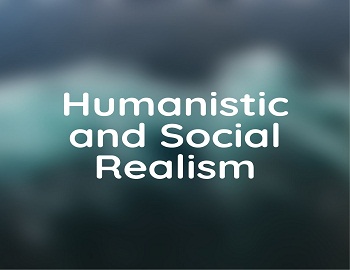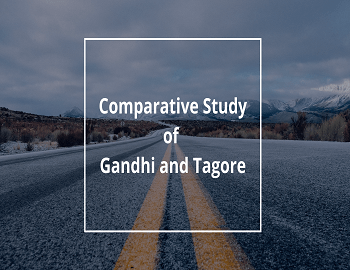Development and Influence of Sociological Tendency:
(1) Philanthropic Education Movement- It was on account of the development of sociological tendencies in education that the Philanthropic Education Movement began. As a result of this movement, public institutions were opened at many places. Sunday schools and charity schools were opened in England. Arrangements were made at many places for free education, free books, free meals etc.
(2) Provision of Education by State- The sociological tendency attracted the attention of the Government towards the provision of state education. This is useful not only for the proper and sufficient development of the personality of all the citizens of the State but the Stae also becomes powerful after getting able citizens. Thus, education has been freed from the clutches of the Church and is now being directed by the State.
(3) Infant Education Movement- The Infant Education Movement started in several countries of the world due to the inspiration of the sociological tendency in education. Many ‘Infant’ schools were opened in America, England, France and other developed countries. Robert Owen established ‘Infant’ schools for the children of 3 to 7 years of the labourers so that they may be saved from working in the unhealthy atmosphere of the factories and may become able citizens in future.
(4) Use of Monitorial System- Dr Andrew Bell who was clergy in Madras, introduced a system that was prevalent in India and which is known as the Monitorial system. In this system, the elder students have to take the responsibility of teaching the younger students. In this system, it is possible for a teacher to teach different classes of the school.
(5) Provision of Vocational Education- Vocational Education is making rapid progress in different countries due to the inspiration of sociological tendencies in education. Technical, Agricultural and Commercial schools are being opened in all the countries of the world so that the demand of the countries for able and skilled workers may be fulfilled. In India, emphasis is being given on Basic Education for the same reasons.
(6) Diffusion of Adult Education- It is on account of the influence of sociological tendency in education that efforts are being made in every country to see that no individual remains illiterate. Adult education, Education Extension Week etc., are the attempts in the same direction. School for the blind, deaf, handicapped, mentally defective and extraordinary boys and girls have been established in many cities.
Thus, we see that the ideal of social welfare which is the contribution of the sociological tendency in education, will not only ensure social progress but every individual will also get sufficient opportunity for the proper development of his personality.









Comments (No)